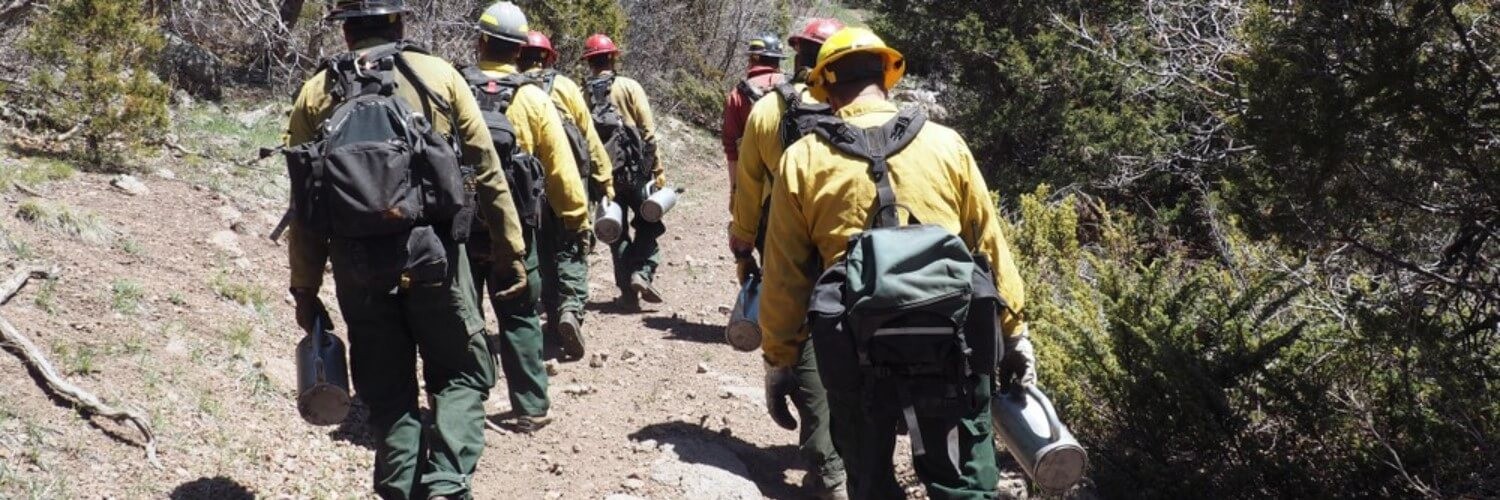Wildland firefighters face unique challenges that can take a toll on both their physical and mental health. At LineGear Fire & Recue Equipment, we believe that maintaining personal well-being is just as important as the equipment used on the front lines. Inspired by the Forest Service’s recent update on the Federal Wildland Firefighter Health and Wellbeing Program and practical wellness advice, here are five essential health tips to help wildland firefighters maintain their resilience and strength.
1. Prioritize Rest
Getting enough sleep is crucial for recovery and an important health tip for wildland firefighters. Aim for 7-8 hours of sleep each night. If you need extra rest, a 15-20 minute nap can be very beneficial. Active recovery methods like meditation and yoga can also improve the quality of your sleep, contributing to better behavioral health.
2. Stay Physically Active
Physical health and readiness are critical for wildland firefighters. Regular physical activity is essential for maintaining fitness and reducing stress. Incorporate simple exercises like a 30-minute walk to clear your mind, improve cardiovascular health, and enhance overall fitness. Ensuring you meet physical health standards is key to performing your duties safely and effectively.
3. Build Social Connections
Maintaining social connections is vital for mental health. Make time to connect with family and friends through phone calls, video chats, or in-person interactions. Enjoy activities together to find joy in these connections. Clear communication about your needs, especially during challenging times, can foster supportive and understanding relationships, enhancing emotional resilience.
4. Practice Mindfulness
Mindfulness involves being present in the moment and can significantly reduce stress and anxiety. Techniques such as deep breathing, meditation, and yoga can be easily integrated into your daily routine. These practices help manage stress and improve overall mental health, aligning with a holistic approach to behavioral health.
5. Take Regular Breaks
To prevent burnout, it’s important to take regular breaks throughout the day. Schedule short breaks to recharge—make a cup of tea, read something uplifting, write in a journal, or simply sit quietly and focus on your breathing. These moments of rest can rejuvenate your mind and body, ensuring you stay effective and alert on the job. This practice ties into initiatives to manage fatigue and promote overall health.
Conclusion
At LineGear, we are dedicated to supporting the health and well-being of wildland firefighters. By incorporating these wellness tips into your routine, you can enhance both your physical and mental resilience. Remember, taking care of yourself is the first step in being able to take care of others effectively. The Federal Wildland Firefighter Health and Wellbeing Program provides valuable resources and initiatives that align with these tips, ensuring our heroes on the front lines are well-supported.

